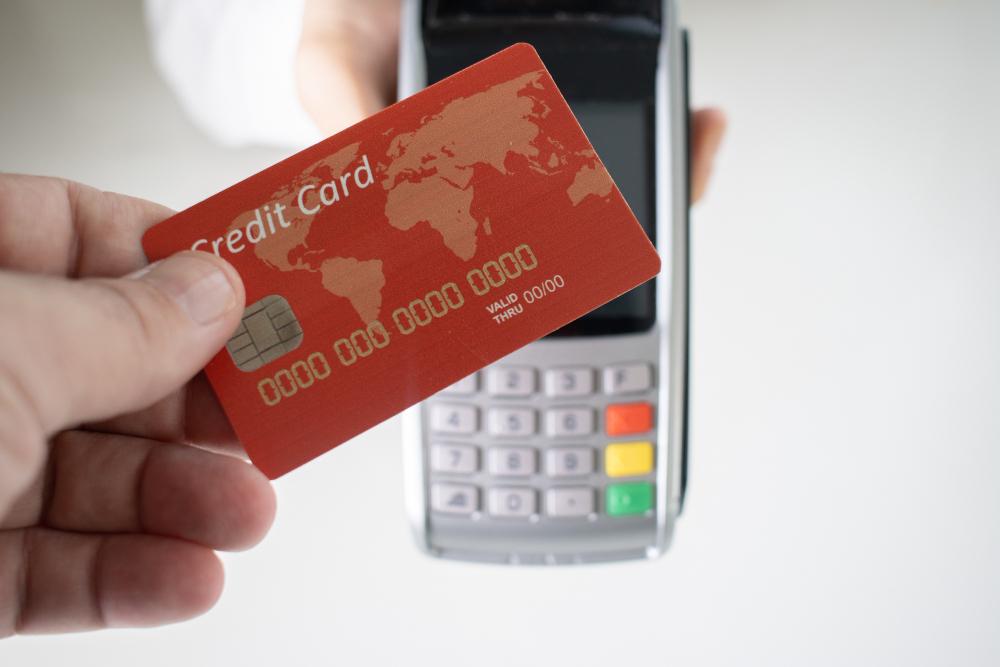Balance transfer is an option that allows people to get rid of their old credit card debts by transferring to another credit card. The main purpose of a balance transfer is to obtain a low interest rate and avoid credit card debt on your existing card. Frequent balance transfers, on the other hand, are not a long-term solution.
Often, it’s more beneficial for the customer to take out new credit cards, which provide a cheap interest rate for a limited period, compared to the old ones. For example, if you have an outstanding balance of Rs 30,000 on your card and make interest payments of Rs 2,000 every month, you will spend approximately six years to clear the debt before getting even. However, if you are able to reduce it down to just Rs 1,500 per month, you will have repaid your debt within 3 years.
Who is eligible for balance transfer?
Customers who have a positive credit card track record, transaction pattern, and payment history with a bank are usually eligible for a balance transfer on their credit card according to the bank’s internal policies. Only certain customers are given priority when it comes to balance transfers.
Things to keep in mind while doing a balance transfer
You have two options when it comes to doing a balance transfer. The first option is to go for the cash withdrawals option of 20-25% of the credit card. The second option is to transfer your balance to another credit card that offers a 0% interest rate for just three months, six months or one year. While taking the second option will help you save money on interest, it also increases your score in the debt repayment category during these few months.
After making sure that both your options are safe, do a comparison between the two cards. Keep in mind to check the APR (annual percentage rates) of both your balance transfer and cash withdrawal card.
What kind of card you want? There are four types of credit cards that provide people with different kinds of benefits depending on their individual needs. They are:
· No Annual Fees Card – This type of card is for people who have kept their credit score in mind while applying for the card. These cards are good to start with but they don’t give any additional benefits or points that you can use later on.
· Rewards Credit Cards – These types of cards will allow you to redeem cash back, reward points, airline mileage and many other benefits after you have paid off your debt. Rewards cards are good for people who spend money regularly on their credit cards.
· Balance Transfer Credit Cards – These types of cards allow users to transfer the balance of their old credit card to new one with 0% APR for a limited period. These cards are good for people who have a lot of debt to pay off and want to get rid of their old credit card debts quickly.
· Low Interest Credit Cards – These cards are the best option when it comes to saving money on interest expenses, especially if you regularly spend your cash in large sums. By taking this option, you will have to pay off the interest on your credit card balance without any additional charges.
While carrying out a balance transfer from one card to another, keep in mind that you should not have more than three cards with an outstanding balance because doing so will affect your credit score.
Balance transfer vs Debt settlement
Balance transfers are sometimes preferred because they are easy to do. However, balance transfers only help you get rid of one single credit card account which is generally your most expensive credit account. The advantage of debt settlement is that it you can close the debt at lower amount and hence save money.
People who consider doing a balance transfer should keep in mind that it is not free, and you will have to pay for the service. When a consumer applies for a new credit card for balance transfer, the new credit card issuer charges a transaction fee or commission. The fee might range from 1 to 5% of the debt that will be transferred.
Benefits of debt settlement
If you are having trouble repaying your debts, consider debt settlement. This is when a firm negotiates with your creditors on your behalf to lower the amount you owe. It might be an excellent method to get out of debt faster, but it’s critical to pick the appropriate debt settlement company for you.
Remember, settling your debt is a lot better for your credit score than defaulting on your loans. This is due to the fact that settling a debt is considered a “settled account” vs. “written off,” which means the lender doesn’t receive anything, and the impact on credit score is more severe.
With many options available, it’s important to go for the one best suited for you and your individual needs. That way, you will be able to get rid of your debt faster than ever before.
If you are facing difficulty in repaying your loans, we can help you to settle your loans at 50% or less. If you are interested, then register on our site loansettlement.com and our experts will call you the next day.
![]()

